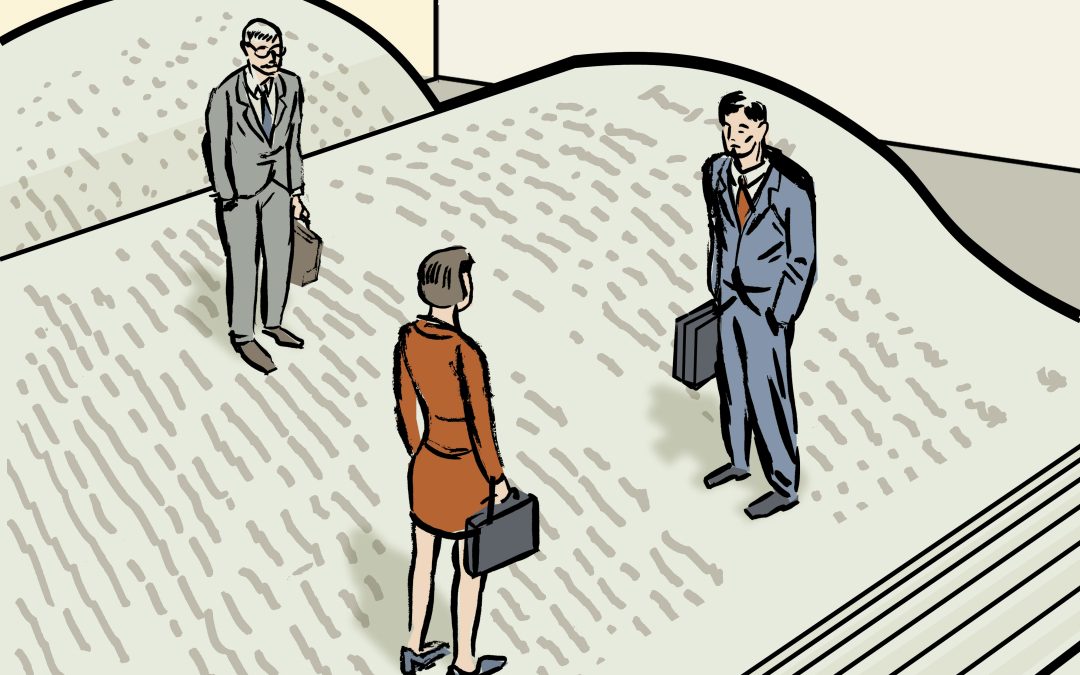
May 10, 2024 | Blog, Cross-Organizational Information Sharing, Knowledge Advantage, Knowledge Sharing Culture, Strategy
When we talk about an origin story, we naturally think of characters in great movies or captivating novels. We rarely think about businesses or organizations. Origin stories, when skillfully woven into an organization’s strategic communications in the defense sector, can pack an effective punch with key audiences.
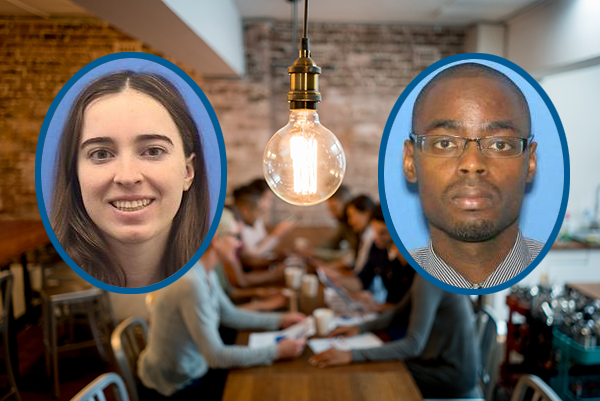
Nov 13, 2022 | Blog, Cross-Organizational Information Sharing, Knowledge Sharing Culture
In this episode, Leah Balkin, Systems Engineer, discusses her efforts to promote mentorship at MITRE.
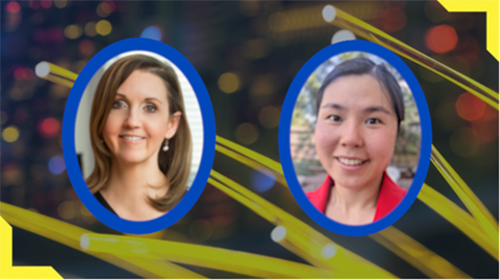
Aug 17, 2022 | Blog, Cross-Organizational Information Sharing, Knowledge Advantage, Knowledge Sharing Culture
In this episode of the MITRE Knowledge Driven Enterprise Podcast, Renee Rookwood, Healthcare Principal, shares her relationship with the concept of resilience and how it is applied to teams.
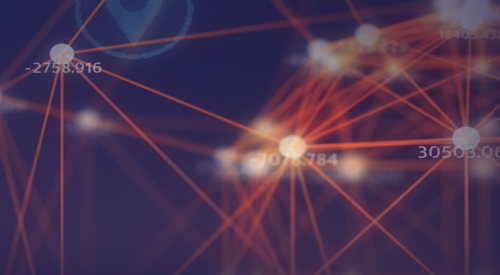
May 23, 2022 | Assessment & Recognition, Awards, Blog, Capabilities, Cross-Organizational Information Sharing, Human Organizational Systems, Knowledge Operations, Knowledge Sharing Culture, Learning Organization
Foundry’s CIO named MITRE to the CIO 100 for a second year in a row. The award recognizes MITRE’s enterprise platforms IT/knowledge management initiative for accelerating mission impact in 2021.
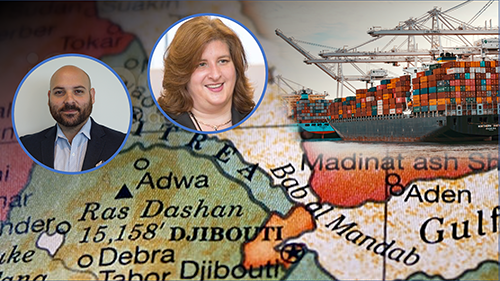
Feb 15, 2022 | Blog, Cross-Organizational Information Sharing, Knowledge Operations, Machine Learning, Artificial Intelligence, and Data Science
In this episode of the Knowledge-Driven Podcast, MITRE’s Tamara Ambrosio-Hemphill guides us through the decision-support tools MITRE has been developing to help the U.S. safeguard critical infrastructure across the globe while building partnerships and helping allies create a better future for their citizens.
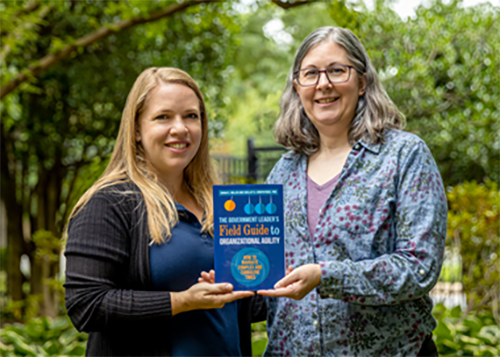
Jan 20, 2022 | Blog, Cross-Organizational Information Sharing, Human Organizational Systems, Knowledge Sharing Culture, Learning Organization
In their new book, The Government Leader’s Guide to Organizational Agility, authors Sarah Miller and Dr. Shelley Kirkpatrick consolidated their combined 42 years of knowledge, tools, anecdotes, tips, and tricks into one resource for government agency leaders at all levels. Leaders are urged to consult the book as a reference when using agility to make organizational changes.
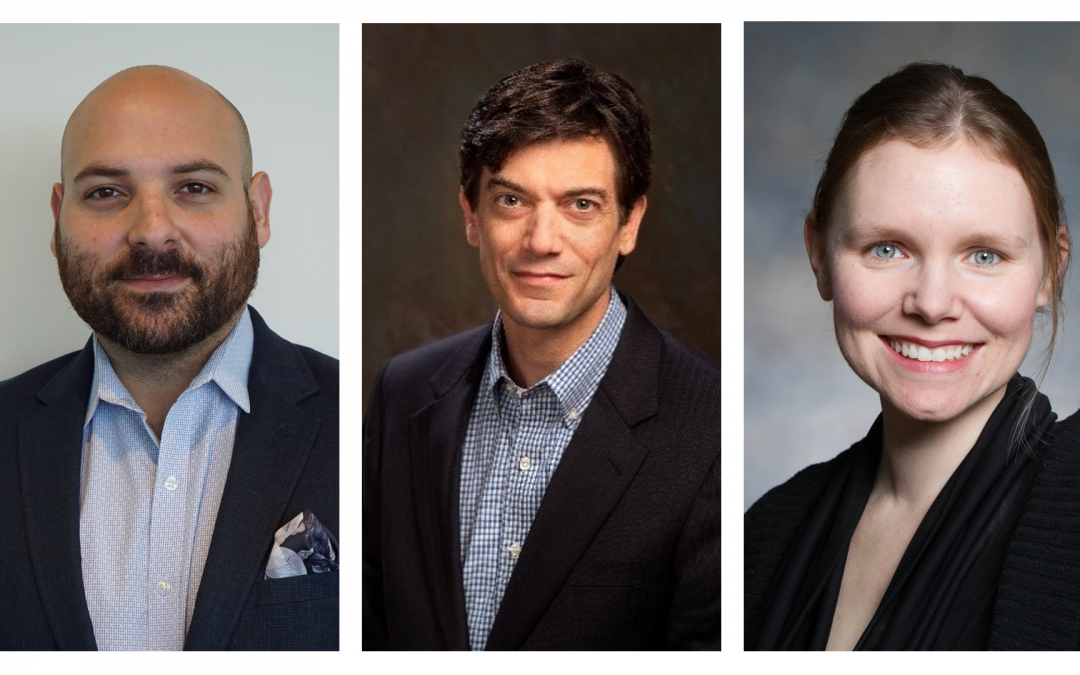
Jul 23, 2021 | Blog, Cross-Organizational Information Sharing
In the latest installment of the Knowledge-Driven Podcast, join us as Jenn Richkus and Jon Desenburg share how they are using their civic time to help the Endangered Wildlife Trust improve life for people and animals across the African continent.

Apr 19, 2021 | Blog, Cross-Organizational Information Sharing
When you buy your groceries, the best and brightest fruits and veggies have usually traveled across the country and sometimes across the world to get to you. This supply chain bypasses the perfectly fresh produce local to your community. Our traditional market practices have enormously high transportation and carbon costs, create massive amounts of wasted food, and may leave our local farmers with unsustainable businesses.
So what can we do to address these problems?
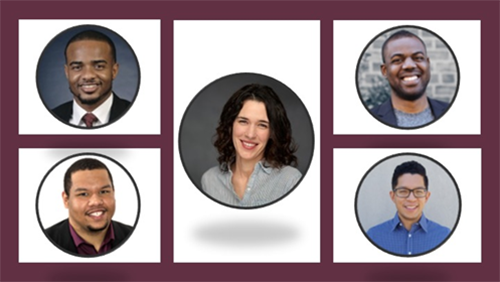
Apr 9, 2021 | Blog, Cross-Organizational Information Sharing
When Charles Clancy helped launch Virginia’s Smart City Innovation Competition in January, he mentioned that, despite being MITRE’s Chief Futurist, his job didn’t come with a crystal ball.
Instead, he told the hundred or so innovators participating in the month-long hackathon—the first of its kind in Virginia—that his job is to think beyond the challenges facing the government today, focus on likely challenges in the future, and ensure that MITRE has talent with the schooling and smarts to prepare for those problems.
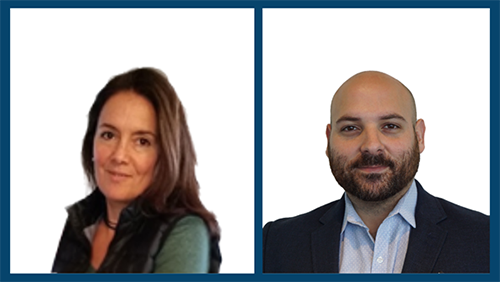
Feb 9, 2021 | Blog, Cross-Organizational Information Sharing
Many countries in the Global South are not fortunate enough to have the infrastructure or tools that we take for granted. Things as simple as knowing where a community is can mean life or death when battling disease. Join us as Dr. Victoria M. Gammino walks us through her work turning geospatial data into the tools and technology needed to keep the world healthy and disease free.
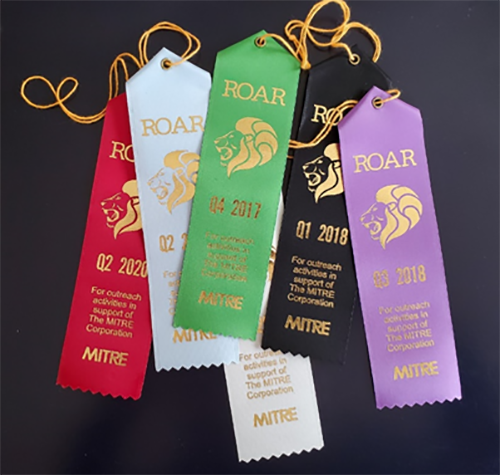
Jan 4, 2021 | Blog, Cross-Organizational Information Sharing
Charles Schmidt worked with his leadership in the Cyber Security Technical Center to figure out ways to incentivize better use of Tech Stature to record outreach activities. The Collaboration & Information Management department in Corporate Operations created the initial ROAR website to record awardees, and the Digital Content and Creative department designed the ROAR ribbons with their roaring lion icon. Thanks to these collective efforts, the Ribbons for Outreach Activity Recognition, or ROAR, was born.

Sep 14, 2020 | Blog, Cross-Organizational Information Sharing
It’s no secret that change can be difficult and slow, especially when it comes to changes at work. Just this week, I heard an executive say, “Anyone who tells you that change is easy hasn’t done it before.”
Yet this year, many of us have quickly embraced virtual collaboration tools. We’ve all experienced numerous other changes, especially as we untethered from the “40 hour+ work on-site” culture. Why have we been so quick to adopt Zoom, Slack, and Office 365? What can we learn from this recent experience so that we can support our colleagues through future change?
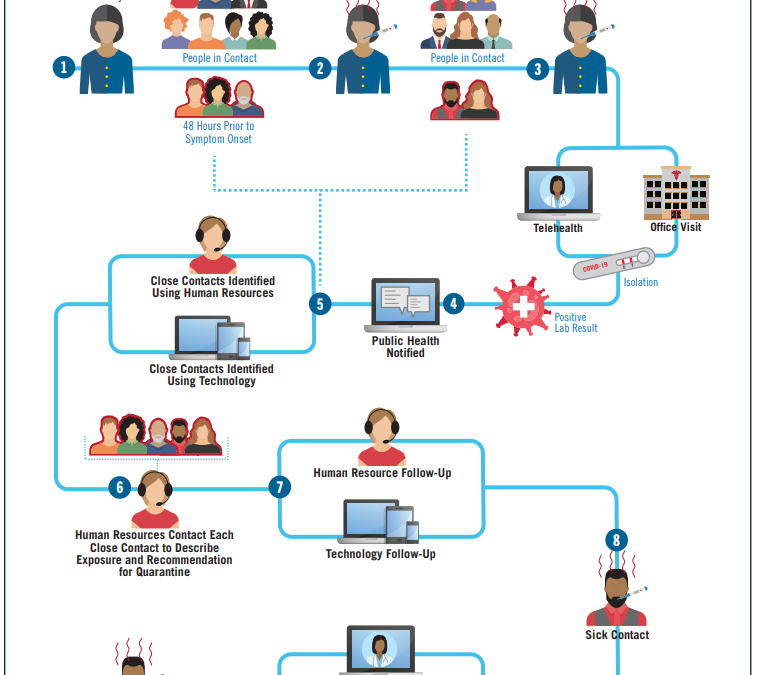
Sep 1, 2020 | Blog, Cross-Organizational Information Sharing
A computer scientist looks at a refugee crisis to model a pandemic.
How does that connection work exactly and why? If it appears to resemble a scenario in which a farmer learns how to plant an apple orchard by examining the supply chain for manufacturing orange juice, well, you may actually be onto something. The novel coronavirus has presented unprecedented medical, social, and economic challenges, which means that the thoughtful people responding have no choice but to innovate. However, in 2020, innovation doesn’t mean going where no one has gone before. It means harvesting everything that has come before in a disciplined way to see what might bear fruit.
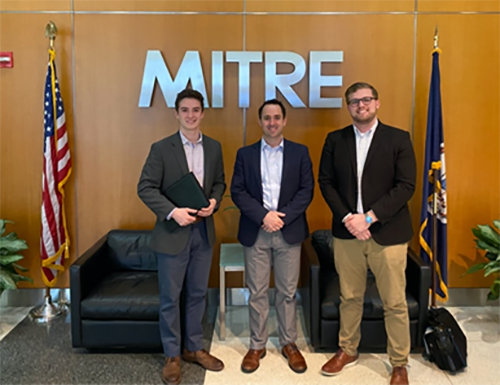
Aug 17, 2020 | Blog, Cross-Organizational Information Sharing
In designing solutions to some of the most pressing, complex, entrenched problems facing the nation, MITRE employees know they have to get creative.
And, as a company working in the public interest, we want to be sure the next generation of engineers and business leaders can address similarly formidable challenges. We want them to get creative too.
That’s why we recently deepened our partnership with James Madison University in Harrisonburg, VA by bringing MITRE into the classroom.
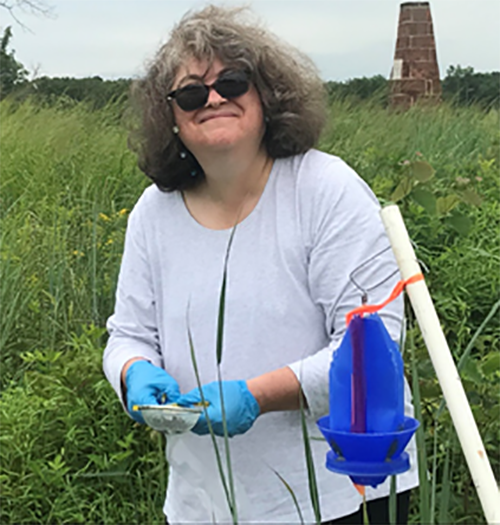
Aug 4, 2020 | Blog, Cross-Organizational Information Sharing
“Science,” “collaboration,” and “serving the best interests of the wider community” are cherished values at MITRE, as is the concept of continuous learning. At MITRE, citizen science is thus a volunteer and civic activity, a hobby, a tool for research, a source of learning, a professional and social networking opportunity, and a means of giving back to the scientific community.
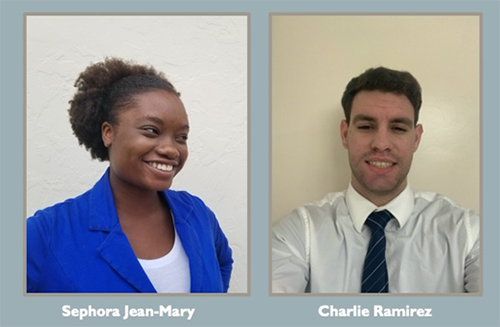
May 31, 2020 | Blog, Cross-Organizational Information Sharing
As graduating seniors at Florida International University (FIU), Charlie Ramirez and Sephora Jean-Mary headed into their final semester aiming to find a real-life business problem they could solve. Their senior design capstone project was supposed to enable these two front-end developers to display what they’d already learned as computer science students.
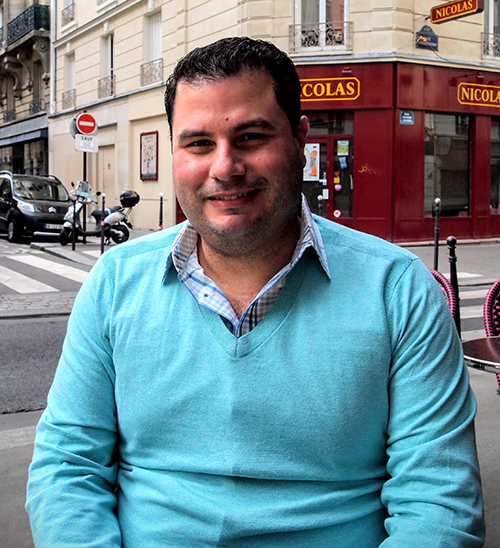
May 8, 2020 | Blog, Cross-Organizational Information Sharing
Despite our modern world, many systems aren’t built with uncertainty in mind. Alas, these unexpected events may become the new normal. Fortunately, Imanuel has been leading the charge to re-examine how we design and implement systems with new approaches that make them more resilient to the unexpected. Listen in as we explore how his work is helping the world prepare for the next natural disaster or global pandemic.
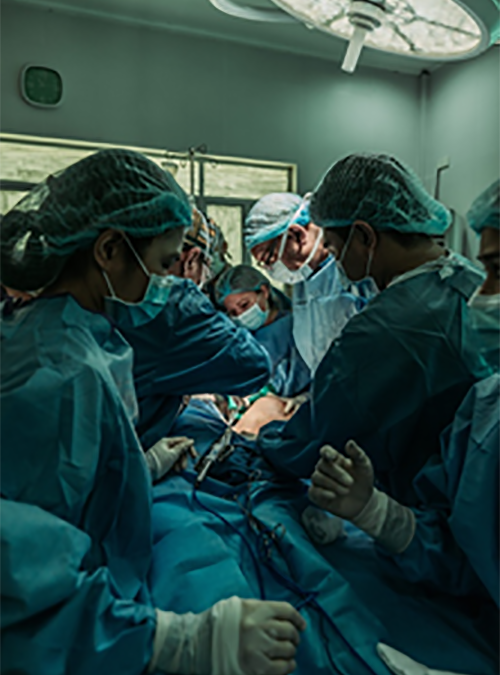
Mar 21, 2020 | Blog, Cross-Organizational Information Sharing, Knowledge Advantage, Learning Organization
MITRE’s talents for strategic modernization (e.g., enterprise planning, organizational change, business innovation, technology transitioning) are informed by both our explicit knowledge and our tacit knowledge. Explicit knowledge is what we objectively know. Explicit knowledge can be readily articulated, codified, stored and accessed, and transmitted to others, and represents an estimated 20% of our knowledge (e.g., plans, reports, data analysis). Implicit or tacit knowledge is more subjective.
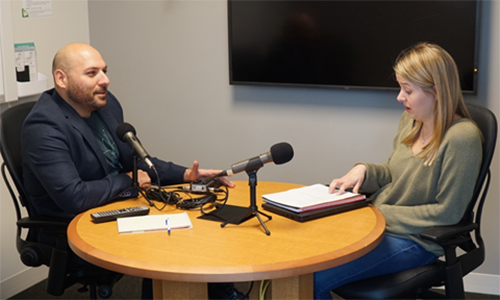
Feb 2, 2020 | Blog, Cross-Organizational Information Sharing
Rachel Mayer has grown up with medicine on the mind, but one subject has always been at the forefront: Maternal mortality. In a country as advanced and capable as the United States, why is Maternal Mortality still so high? While many public health practitioners often turn to medicinal interventions, she turned to data.

Nov 4, 2019 | Blog, Cross-Organizational Information Sharing
We’ve all been there—sitting in the waiting room of a doctor’s office, filling out redundant forms with our healthcare history. Each time, we sit with silent frustration, wondering why we must complete the same paperwork every time we visit our healthcare provider.
We wonder: It’s 2019. Shouldn’t transmitting health information from one place to another be seamless?




















